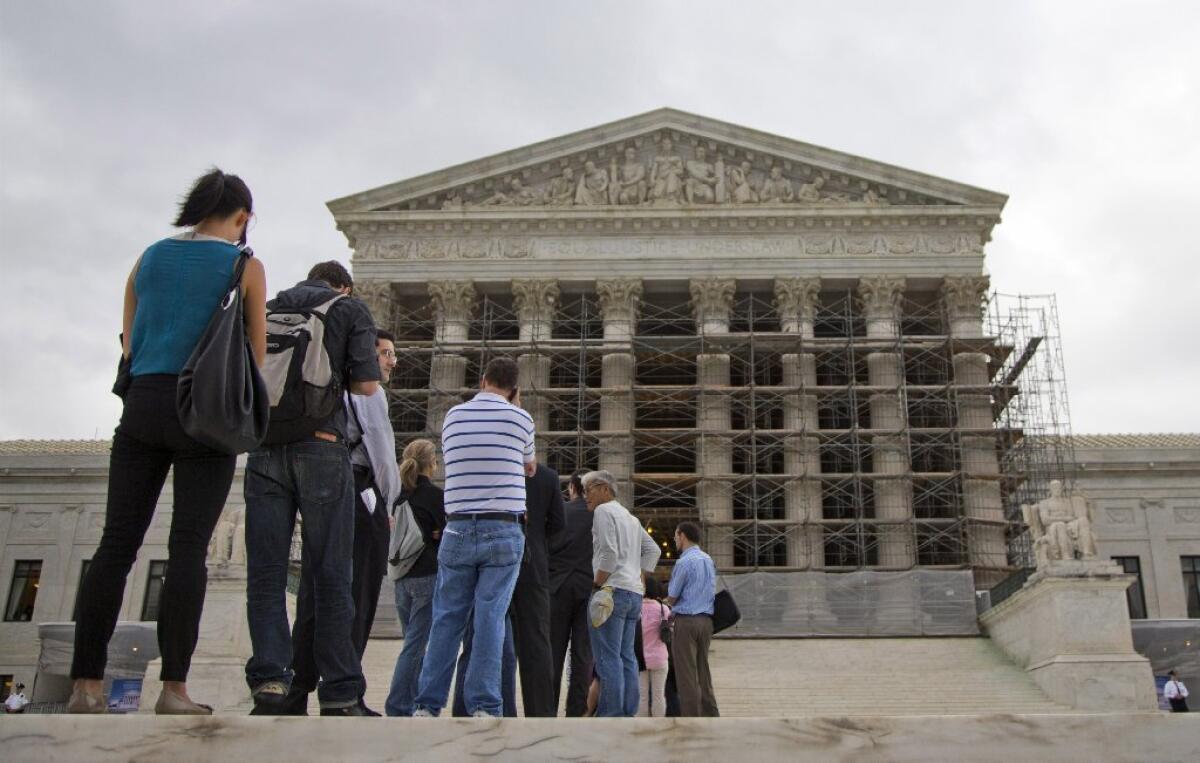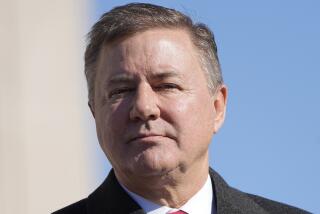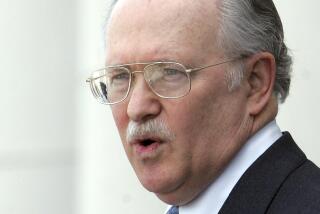Separating prayer and state

On Wednesday, a lawyer for Greece, N.Y., will ask the Supreme Court to uphold the town’s practice of opening its monthly meetings with prayers that usually invoke the name of Jesus Christ. The court should decline the invitation. Citizens seeking to do business with their local government shouldn’t be pressed to take part in religious devotions that invoke the beliefs of a faith they may not share, especially when one religion receives preferential treatment.
That is what happened in Greece. Beginning in 1999, the town invited local clergy to serve as “chaplain of the month” and offer “our prayer” at town meetings. Between 1999 and 2007, every person invited to offer a prayer was a Christian and, unlike the custom in the U.S. Congress, the prayers often invoked Jesus.
For example, one guest chaplain prayed: “We look with anticipation to the celebration of Holy Week and Easter. It is in the solemn events of next week that we find the very heart and center of the Christian faith. We acknowledge the saving sacrifice of Jesus Christ on the cross. We draw strength, vitality and confidence from his resurrection at Easter.”
The U.S. 2nd Circuit Court of Appeals concluded that, even though the town eventually allowed a few non-Christians (including a Wiccan priestess) to offer prayers, “an objective, reasonable person would believe that the town’s prayer practice had the effect of affiliating the town with Christianity,” in violation of the 1st Amendment.
In its defense, Greece says that it extends what it calls the “prayer opportunity” to all comers; it implies that the guest chaplains are speaking for themselves in a kind of spiritual show-and-tell. But in fact, several of the guest chaplains who offered explicitly Christian prayers spoke in the name of the assembled citizens, who often included schoolchildren. (High school students receive credit for attending board meetings.)
The town also insists that the case should be determined by a 1983 decision in which the court upheld the Nebraska Legislature’s practice of opening each legislative day with a prayer by a chaplain paid by the state. The court in that case said that “opening legislative sessions with prayer has become part of the fabric of our society.”
But in that same decision, then-Chief Justice Warren Burger noted approvingly that the chaplain in Nebraska characterized his prayers as nonsectarian and had removed all references to Jesus from them after a complaint from a Jewish legislator. In a 1989 case, the court reaffirmed the notion that the Nebraska prayers passed muster because they weren’t explicitly Christian.
The other difference between the Nebraska case and this one is that the prayers at Greece’s meetings were offered not just for public officials but for local citizens. Sometimes the guest chaplains would invite those in attendance to join in saying a prayer or bowing their heads. As the plaintiffs note in their brief, when sectarian prayers are offered at town meetings, religious minorities are faced with “the untenable choice of betraying their conscience or visibly dissenting from majoritarian religious norms” by remaining silent or walking out.
In its ruling, the 2nd Circuit did not say that a sectarian prayer could never be constitutional; rather, it focused on the predominance of Christian prayers and the perception that they created an official bias toward one religion. A clearer decision, one we would urge on the court, would be to make explicit that prayers that explicitly invoke a single religion are never permissible.
Ideally, the court would go even further and recognize that, in an America in which an increasing number of citizens identify with no religion, even nonsectarian, lowest-common-denominator prayers can exclude and marginalize nonbelievers. Obviously a Jew who goes to a town meeting to petition for a permit will be made uncomfortable when he is urged to join in a prayer to “our Lord Jesus.” But an atheist in the same position will be equally offended by a request that he join in a prayer to a generic God.
However the court rules, local governments in California and elsewhere should act on their own to ensure that no citizen seeking to take part in the democratic process should be made to feel like an outsider. “Let us pray” is a perfectly appropriate exhortation in a church, synagogue or mosque. It shouldn’t be part of the official business of government.
More to Read
A cure for the common opinion
Get thought-provoking perspectives with our weekly newsletter.
You may occasionally receive promotional content from the Los Angeles Times.






